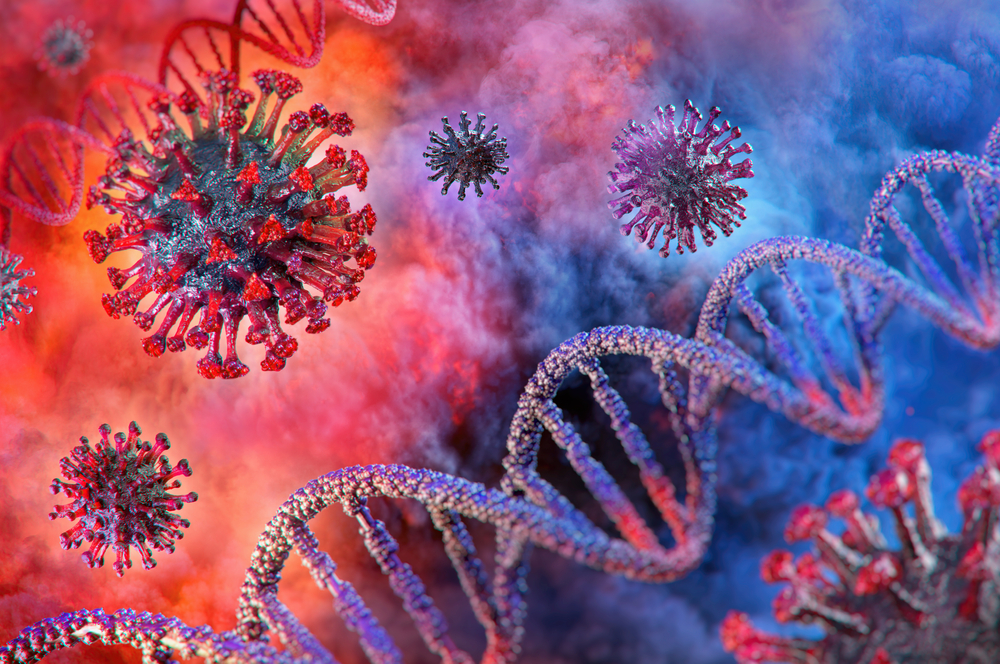
University of Pittsburgh School of Medicine researchers maintain when tested in mice a potential vaccine against SARS-CoV-2, the new coronavirus causing the COVID-19 pandemic, produces antibodies for potential neutralization.
The study findings detailed via eBioMedicine, which is published by The Lancet, represented the first analysis to be published after critique from fellow scientists at outside institutions describing a candidate vaccine for COVID-19.
“We had previous experience on SARS-CoV in 2003 and MERS-CoV in 2014,” Andrea Gambotto, the study’s co-senior author and associate professor of surgery at the Pitt School of Medicine, said. “These two viruses, which are closely related to SARS-CoV-2, teach us that a particular protein, called a spike protein, is important for inducing immunity against the virus. We knew exactly where to fight this new virus. That’s why it’s important to fund vaccine research. You never know where the next pandemic will come from.”
Researchers said implementation involved using a fingertip-sized patch of 400 tiny needles delivering the spike protein pieces into the skin, where the immune reaction is strongest.
The patch goes on like a Band-Aid, and then the needles, made entirely of sugar and the protein pieces, dissolve into the skin.
Researchers said the SARS-CoV-2 microneedle vaccine proved to maintain its potency after being thoroughly sterilized with gamma radiation, which they said is a key step toward making a product suitable for use in humans.
“Our ability to rapidly develop this vaccine was a result of scientists with expertise in diverse areas of research working together with a common goal,” Louis Falo, co-senior author and professor and chair of dermatology at Pitt’s School of Medicine, said.




